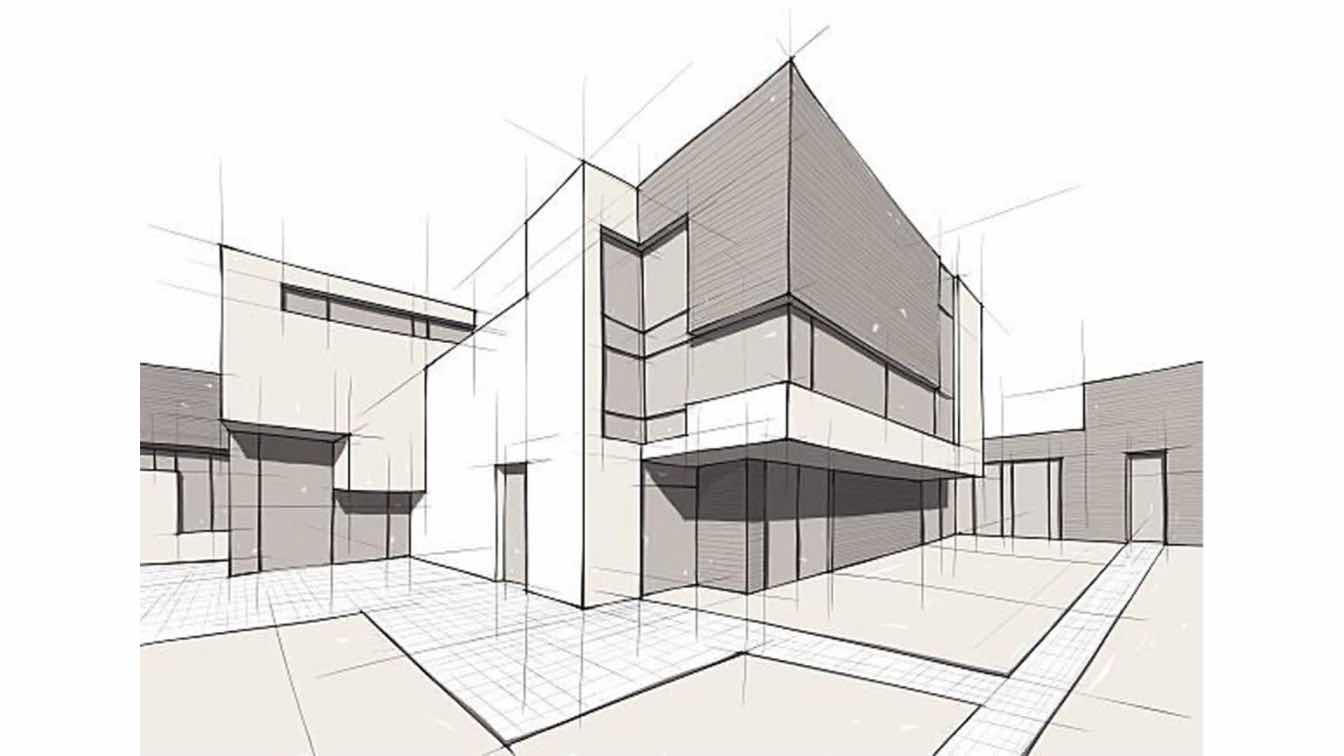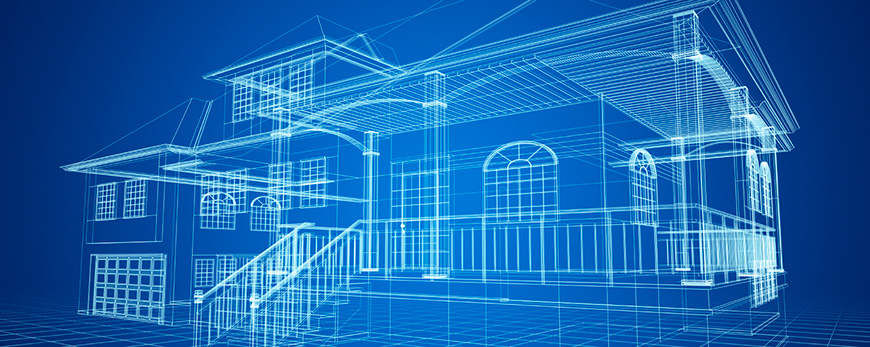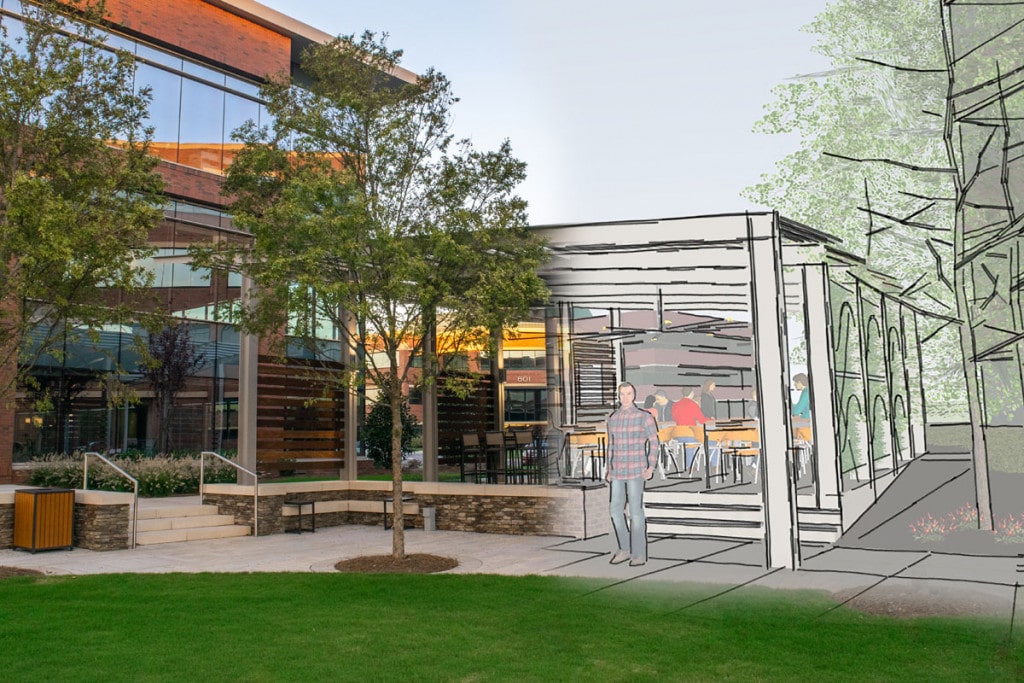The Necessary Duty of a Designer in Forming Lasting Urban Atmospheres for Future Generations
The function of a designer in crafting sustainable urban environments is progressively essential in reacting to the difficulties of climate modification and urbanization. By flawlessly incorporating environmental principles into their designs, designers not only enhance the visual and functional top quality of city spaces but additionally address pushing problems such as energy performance and social equity. Their experience in cutting-edge materials and community involvement shapes advancements that resonate with neighborhood values and aspirations. However, as we discover the intricacies of this area even more, it becomes noticeable that the future of metropolitan living may rest on the actual methods architects use today.
Comprehending Lasting Urban Design
Lasting metropolitan layout integrates environmental concepts with urban planning to create environments that are not only habitable yet additionally resilient. This technique stresses the significance of integrating all-natural systems right into the city textile, making sure that development meets the requirements of today without endangering the ability of future generations to fulfill their own needs. Crucial element of lasting city design consist of efficient land use, the promotion of biodiversity, and the combination of environment-friendly spaces, all of which contribute to improved high quality of life for homeowners.
Additionally, lasting urban design prioritizes the reduction of the urban heat island impact, enhanced air top quality, and reliable stormwater monitoring. It motivates the usage of renewable sources and energy-efficient structure techniques, which considerably reduced carbon footprints. Sustainable metropolitan layout promotes social equity by developing available public areas and promoting mixed-use developments that provide to varied populations.
Through thoughtful preparation and innovative style approaches, lasting metropolitan settings can boost area durability against environment modification while cultivating financial advancement. This holistic strategy not just addresses instant metropolitan difficulties but additionally lays the foundation for healthier, extra lasting cities for generations to find.
Key Responsibilities of Engineers
Designers play a critical role in forming lasting metropolitan environments by converting layout concepts into substantial structures and rooms. Their responsibilities include a wide range of tasks that add to the total success of city design tasks.
First and primary, engineers carry out complete site evaluations to understand the environmental, social, and social context of their jobs. This fundamental understanding educates their design choices, ensuring that buildings integrate with their surroundings. They likewise take part in collaborative procedures with stakeholders, including city organizers, engineers, and the neighborhood, cultivating an inclusive strategy to urban advancement.
In addition, engineers are tasked with developing styles that maximize power efficiency, resource preservation, and performance. They should stick to neighborhood zoning laws, building codes, and sustainability qualifications, guaranteeing compliance while pressing the borders of development.

Innovative Products and Techniques
In the search of ecologically liable style, innovative products and methods have emerged as essential elements in the production of sustainable urban settings. Designers are progressively utilizing products that lessen environmental influence while improving energy efficiency. For instance, recycled materials, such as redeemed wood and repurposed metals, not only minimize waste but also include distinct visual top qualities to structures.
Furthermore, advancements in innovation have actually brought about the development of high-performance products, such as shielded concrete forms (ICFs) and solar glass, which add to power preservation and harness renewable power. Strategies such as easy solar design and green roofings better exemplify exactly how design can balance with all-natural systems, lowering dependence on man-made heating go right here & cooling.
Moreover, the integration of smart materials, which adapt to ecological adjustments, offers promising avenues for boosting building performance - cda architects. These products can react to temperature level variations or dampness degrees, maximizing convenience and sustainability
Eventually, the calculated choice and application of ingenious additional resources products and strategies equip designers to produce urban spaces that are not just useful and visually pleasing however also resilient and environmentally responsible, guaranteeing a sustainable future for generations to come.
Community Involvement and Partnership
The success of ingenious materials and techniques in sustainable city design is dramatically improved by active community involvement and partnership. Designers must identify that the developed environment profoundly affects the lives of neighborhood citizens, making it necessary to include them in the design process. Involving the community cultivates a sense of possession and responsibility, ensuring that developments not just satisfy visual and practical demands but also show the values and ambitions of those who populate them.

Successful neighborhood interaction likewise assists in focusing on social equity within city growth. By considering the voices of marginalized populations, designers can create areas that are inclusive and equitable. By doing this, neighborhood interaction and partnership come to be essential to accomplishing genuinely sustainable metropolitan atmospheres that serve the requirements of existing and future generations.
Future Fads in Lasting Style

Furthermore, improvements in modern technology are forming future trends in lasting style. The combination of smart products and structure systems enables for real-time energy monitoring, improving effectiveness and decreasing carbon footprints. Developments such as green roofing systems, living wall surfaces, and energy-generating website link exteriors are becoming standard techniques, better promoting eco-friendly equilibrium within metropolitan atmospheres.
Moreover, a change in the direction of biophilic layout is getting grip, highlighting the connection between nature and human health. By integrating natural elements, engineers create rooms that promote mental wellness while advertising biodiversity.
Final Thought
Finally, designers are crucial beforehand sustainable metropolitan atmospheres through their experience in design, ingenious products, and community interaction. By prioritizing energy efficiency and source conservation, these specialists add to the creation of resistant city spaces that fulfill the requirements of existing and future generations - cda architects. The combination of ecological principles not just boosts livability but also cultivates social equity, making certain growths reverberate with the worths and ambitions of the communities they serve
Comments on “Just How CDA Architects Incorporate Eco-Friendly Practices in Architectural Projects”